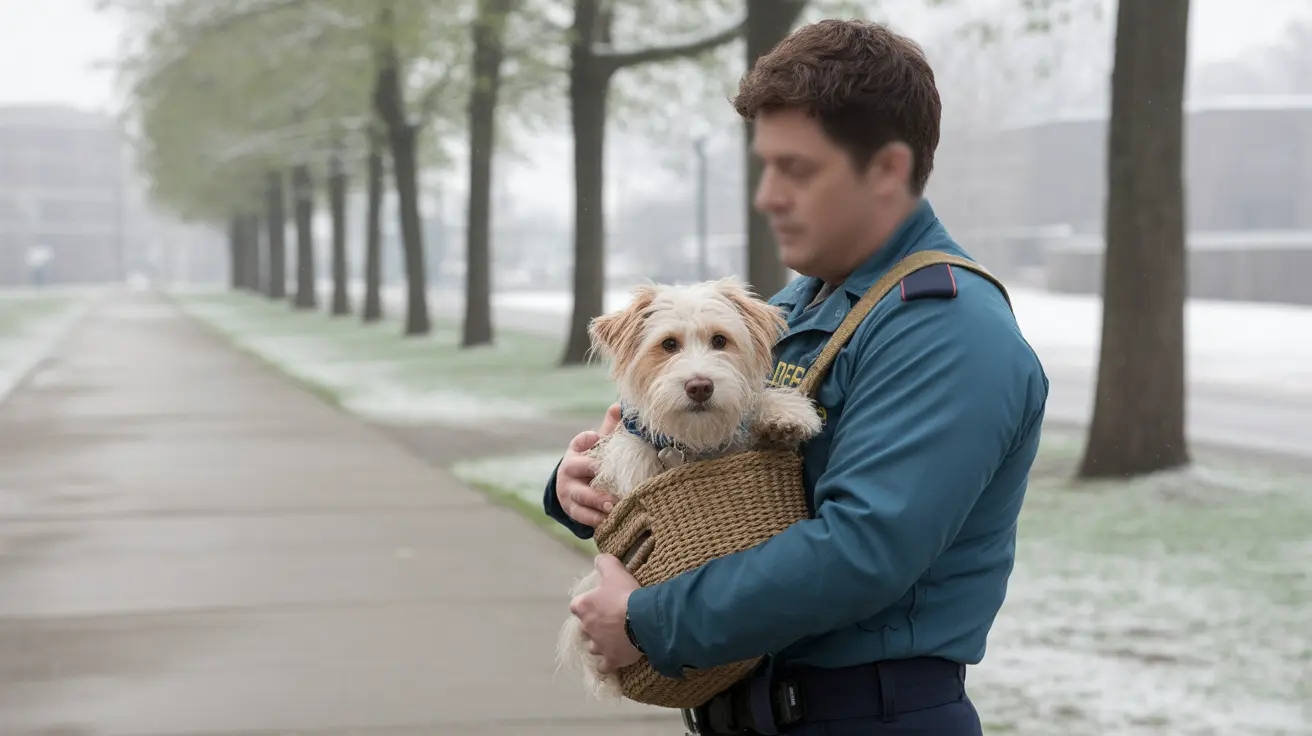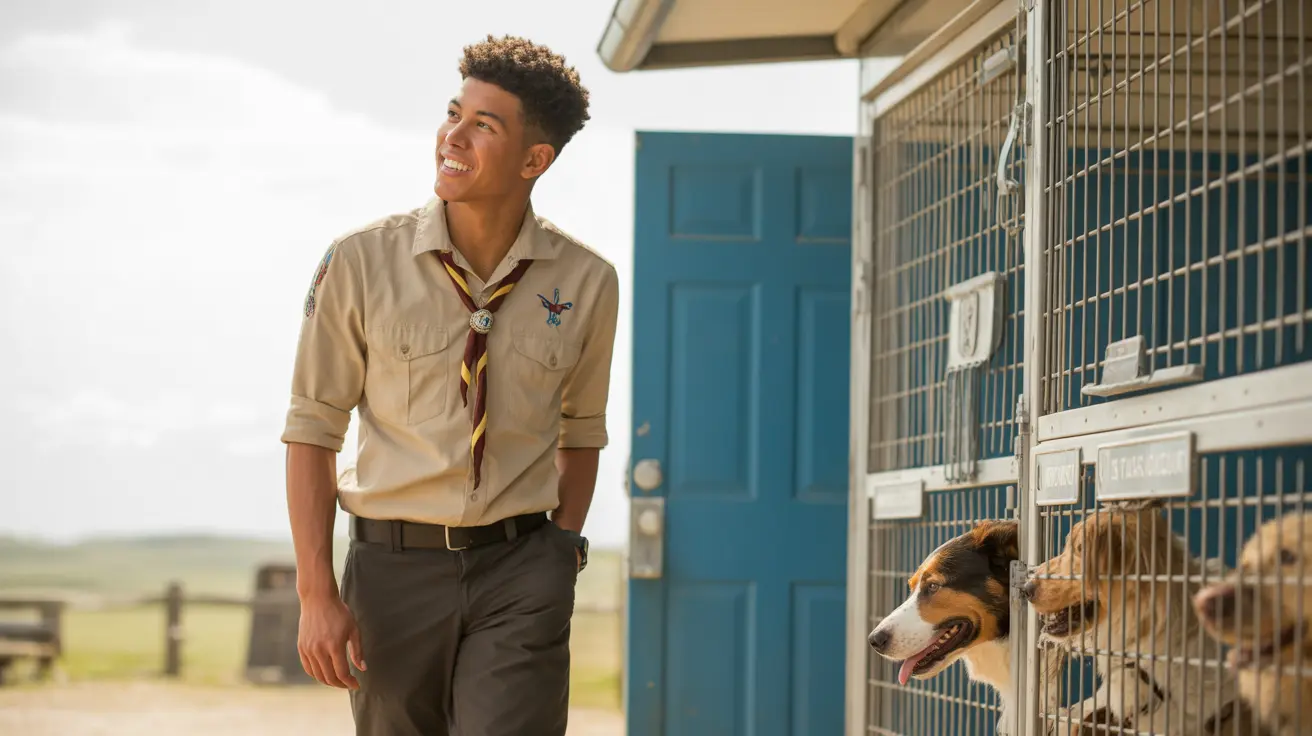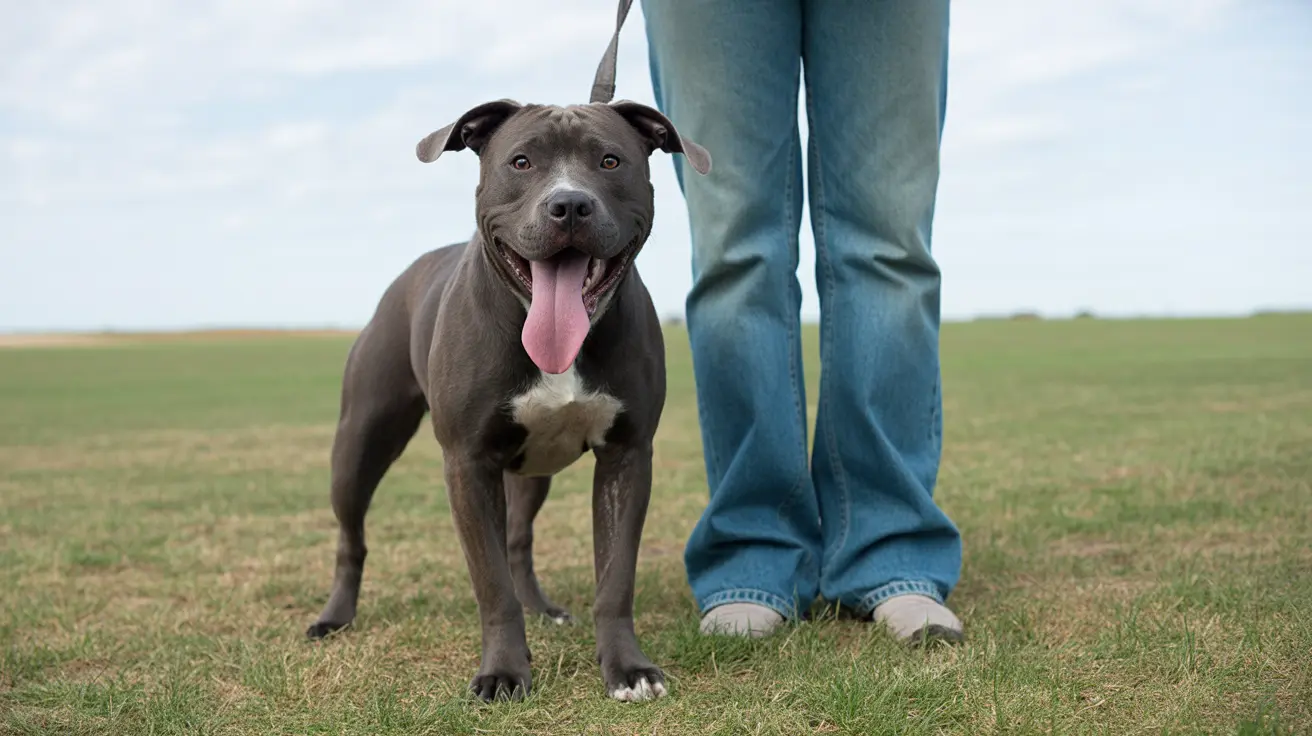Which Beans Are Unsafe for Dogs?
Beans can be a nutritious addition to a canine's diet, offering protein, fiber, and micronutrients, but not all beans are safe for dogs. Understanding which beans are appropriate and which are potentially harmful is crucial for pet owners aiming to maintain their dog’s health.
Safe Beans—for Comparison
Before diving into beans that should be avoided, it’s important to distinguish the ones considered safe when properly prepared:
- Black beans
- Kidney beans (thoroughly cooked)
- Pinto beans
- Garbanzo beans (chickpeas)
- Lima beans
- Navy beans
- Butter beans
- Cannellini beans
- Green beans (including French and runner types)
- Edamame
- Soybeans
These should always be cooked thoroughly and served plain—no salt, oils, or spices.
Beans Dogs Should Not Eat
Despite the benefits of many beans, there are several that should be avoided due to the risk they pose to canine health.
- Fava beans (broad beans): These beans contain compounds that can cause vomiting, diarrhea, and abdominal pain in dogs. They are particularly problematic due to the compound vicine, which poses potential toxicity risks and is not broken down by canine digestion easily.
- Raw or undercooked beans: Uncooked beans, especially red kidney beans, contain phytohemagglutinins—toxins that can lead to gastrointestinal upset including vomiting, diarrhea, and even more severe health issues. Always soak and boil beans thoroughly to neutralize this compound.
- Baked beans: Although tasty, baked beans usually contain onion, garlic, sugar, molasses, mustard or other spices and preservatives that are highly toxic or unhealthy for dogs.
- Refried beans: These typically contain onions, garlic, salt, and oils—ingredients all classified as toxic or harmful to a dog’s system. Such additives can lead to electrolyte imbalances or poisoning.
- Canned beans with added sodium or flavorings: High levels of sodium and preservatives can cause dehydration and other health problems in dogs.
Harmful Ingredients Often Found in Unsafe Beans
The danger associated with many hazardous beans typically arises not just from the beans themselves, but also from how they're prepared and served:
- Onions & Garlic: Even in small amounts, these can damage red blood cells and cause hemolytic anemia.
- Salt: Excess sodium leads to dehydration and, in severe cases, sodium ion poisoning.
- Spices, Sauces & Oil: Fatty, spicy, or heavily seasoned foods can cause pancreatitis and digestive irritation.
- Sweeteners like sugar or xylitol: Xylitol is extremely toxic to dogs and can lead to hypoglycemia or liver failure.
Signs of Bean-Related Intolerance or Poisoning
If your dog eats an unsafe type of bean, you may notice one or more of the following symptoms:
- Vomiting and diarrhea
- Bloating and excessive gas
- Lethargy or weakness
- Loss of appetite
- Skin irritation (in case of allergy)
- Abdominal discomfort
Should these occur, contact your veterinarian immediately, especially if the dog consumed uncooked beans or those with toxic additives.
Safe Preparation Methods
When preparing beans for your dog, follow these rules:
- Soak beans overnight to remove lectins and reduce cooking time.
- Boil them thoroughly until they’re soft—firm or undercooked beans still carry toxin risks.
- Do not add salt, oil, seasoning, or meat-based sauces.
- Rinse canned beans with water or avoid canned products altogether.
Feeding Tips and Portion Sizes
Beans should be an occasional treat, not a dietary staple. Dogs require high-quality animal protein, and while beans are rich in fiber and some plant-based proteins, they are not a replacement for meat.
- Small dogs: Begin with 1 teaspoon mixed into regular food.
- Large dogs: Up to ½ cup served occasionally.
Feeding too many beans at once can lead to flatulence, diarrhea, or discomfort.
Conclusion
In summary, while most properly prepared beans are safe for dogs, varieties like fava beans, those served raw, or beans made with toxic seasonings should be strictly avoided. Always prepare beans plain and cooked, and feed them in moderation as a supplemental treat—not a major food source. If ever in doubt, consult a veterinarian before introducing new foods to your pet’s diet.





